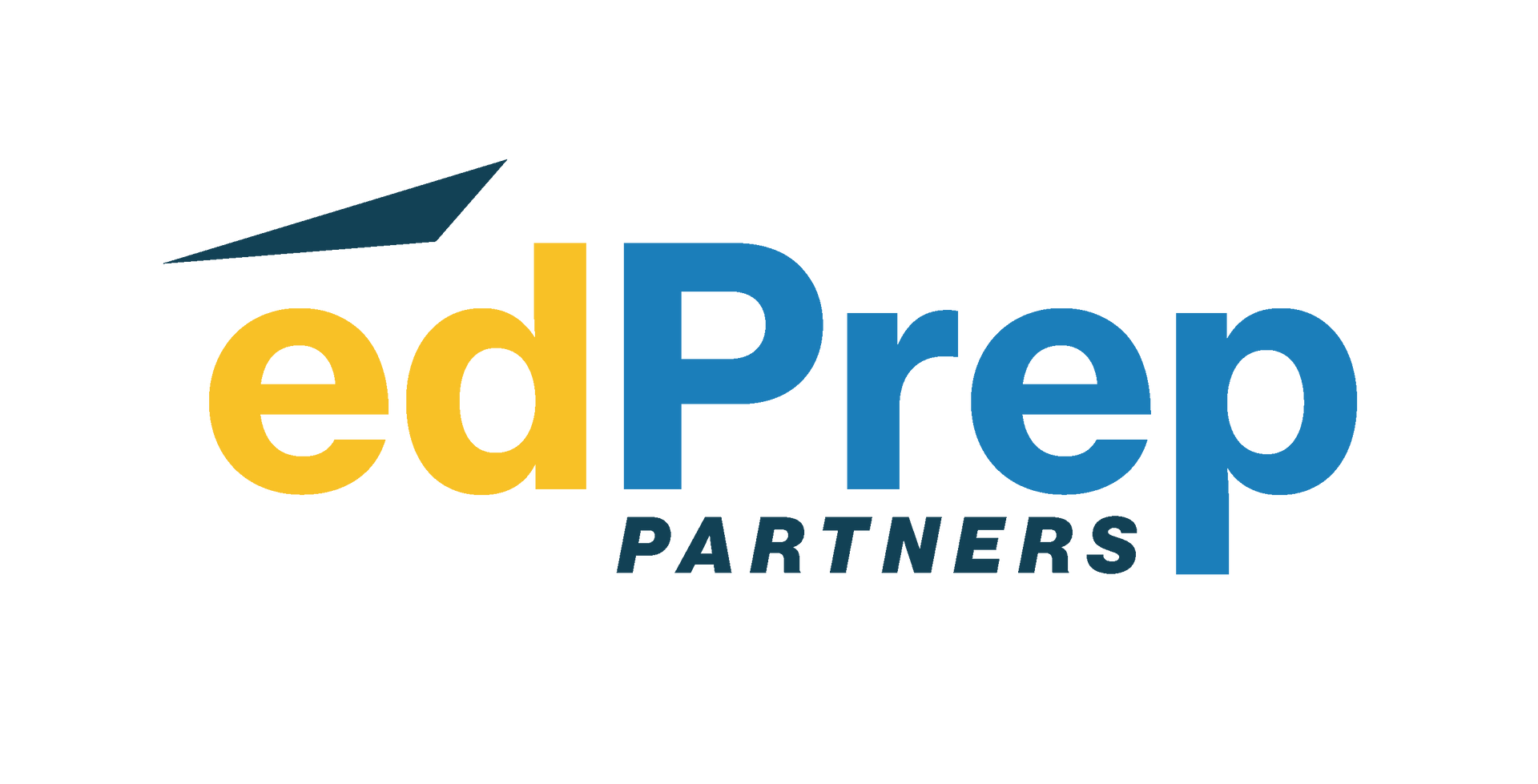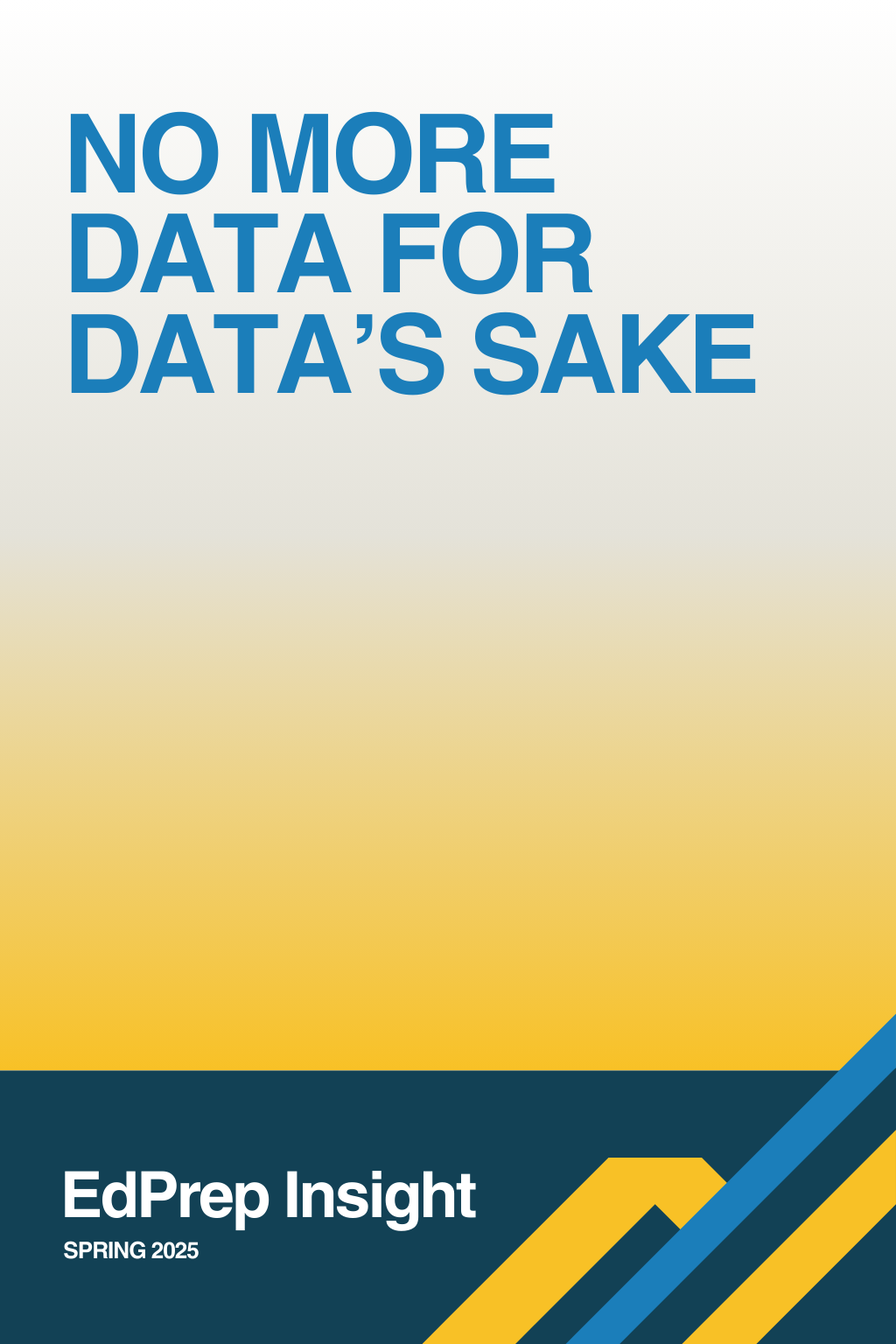No More Data for Data's Sake
No More Data for Data’s Sake
Compliance-Driven Data ≠ Continuous Improvement
Across the field of educator preparation, programs are inundated with data: licensure pass rates, observation data, candidate surveys, retention dashboards, etc. Yet despite this volume, many educator preparation programs struggle to translate data into sustained improvement.
Instead, data use often centers on meeting accreditation requirements or state reporting mandates—important, but insufficient. The real risk is this: when data is collected but not used to inform decisions, it erodes credibility, overwhelms stakeholders, and ultimately does little to improve candidate readiness or program quality.
It’s time to move from compliance to comittment—where data is not just stored and sorted, but embedded in daily practice, coaching, and leadership decisions.
Data Is a Lever for Growth, Not Just a Record of the Past
The strongest teacher preparation programs use data as a continuous improvement tool—not a retrospective one. That means:
- Grounding data in a shared vision for quality teaching & learning.
- Leveraging multiple data types (coursework, clinical, candidate performance, etc.).
- Using structured, routine data reviews to inform coaching, coursework revisions, and partnership decisions.
- Empowering faculty, supervisors, and candidates to own and act on the data—not just leaders.
This shift—from data as evidence to data as action—is at the heart of EdPrep Partners’ approach.
What It Looks Like in Practice: Frame → Describe → Plan
Data protocols should be designed for clarity, utility, and collective ownership. Here’s how we have thought about shrinking the change and behavior of data usage:
Frame
Establish purpose and expectations. What are we trying to understand? What assumptions or biases might we bring into the conversation?
“We expect strong performance in elementary certification areas, but prior data suggested gaps in secondary math. What will this year’s trends tell us?”
Describe
Analyze and interpret the data. What patterns, gaps, or inconsistencies are emerging? What seems surprising—or missing?
“Observation counts meet minimum standards, but no extra support was provided to struggling candidates. That’s a missed opportunity.”
Plan
Develop a concrete action plan. What changes will we make? Who owns what? How will we monitor and report progress?
“We’ll launch a targeted support series for secondary math candidates, implement coaching development for supervisors, and track & view impact data quarterly.”
This protocol is intentionally simple—but powerful. It ensures that data review isn’t a one-time event or isolated to leadership. It’s a discipline of improvement shared across faculty, field supervisors, and program leaders.
The Stakes: Why The Data Matters
When data is embedded into the culture of teacher preparation, it improves outcomes for everyone. This seems obvious, though doesn’t live out in practice as much as we would hope:
For Teacher Candidates: More timely support, clearer expectations for instruction and growth (for teacher educators too), and coaching that actually supports their instructional performance in the classroom with P-12 students.
For Teacher Educators: Transparent benchmarks that articulate candidate growth, opportunities for feedback and professional development, improvement in candidate development practices, and a shared vision for quality teaching & learning.
For Educator Preparation Programs: Alignment to district needs, stronger evidence of impact, and a more responsive approach to coursework, clinical design, and candidate supports.
For State Agencies & Funders: Real-time insights into what’s working—and what isn’t—driving smarter investments and systemic improvement.
This Is Not About More Data—It’s About Better Use
If your data isn’t shaping quality teaching at every level, improving feedback, influencing program structures, or informing policy—it’s not doing its job. Across educator preparation, programs are working hard to collect and report meaningful data. But too often, those systems remain disconnected from the daily decisions that matter most—where faculty, field supervisors, and candidates need timely, actionable insights to grow. It’s not a question of effort. It’s a question of connection and use.
We don’t need more data—we need more will to act. The good news is: the pieces are already in place. Many programs have clear frameworks, committed teams, and tools at their fingertips. What’s needed now is shared focus—embedding these tools into ongoing practice focused on quality of teaching, learning, and the programming that drives candidates’ development.
The path to quality is clear. It’s time to walk it. Let’s stop collecting data for data’s sake.
Let’s make teacher preparation better—together.
Calvin J. Stocker
Founder & CEO, EdPrep Partners
Stay Connected
If you're interested in learning more, exploring collaboration or technical assistance, or just want to catch up, we’d love to connect:
About EdPrep Partners
Elevating Teacher Preparation. Accelerating Change.
EdPrep Partners is a national technical assistance center and non-profit. EdPrep Partners delivers a coordinated, high-impact, hands-on technical assistance model that connects diagnostics with the support to make the changes. Our approach moves beyond surface-level recommendations, embedding research-backed, scalable, and sustainable practices that most dramatically improve the quality of educator preparation—while equipping educator preparation programs, districts, state agencies, and funders with the tools and insights needed to drive systemic, lasting change.



